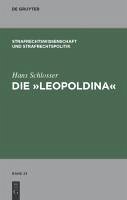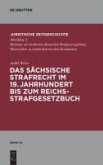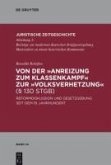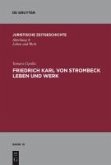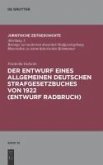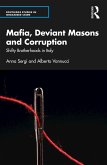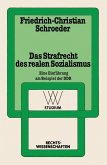This book is a response to a desolate and insufferable state of research. The German academic study of historical criminal law practically ignored the criminal code "Riforma della legislazione criminale di Toscana" from 30 November 1786. However, the Tuscan "Codice Criminale" was a trailblazer for enlightened criminal law thinking and a milestone on the road to a rational, individualized, humane and secular criminal law in Europe. The original text in Italian anda German translation with a comprehensive commentary and an index provide initial access to the development, regulatory techniques, regulation content and structure of the provisions within the overall concept of the legislation. This edition facilitates a new and intense engagement with this early witness to enlightened criminal policy in Europe.
Dieser Download kann aus rechtlichen Gründen nur mit Rechnungsadresse in A, B, BG, CY, CZ, D, DK, EW, E, FIN, F, GR, HR, H, IRL, I, LT, L, LR, M, NL, PL, P, R, S, SLO, SK ausgeliefert werden.

